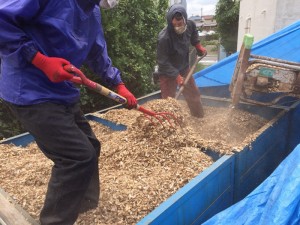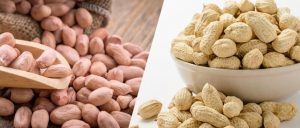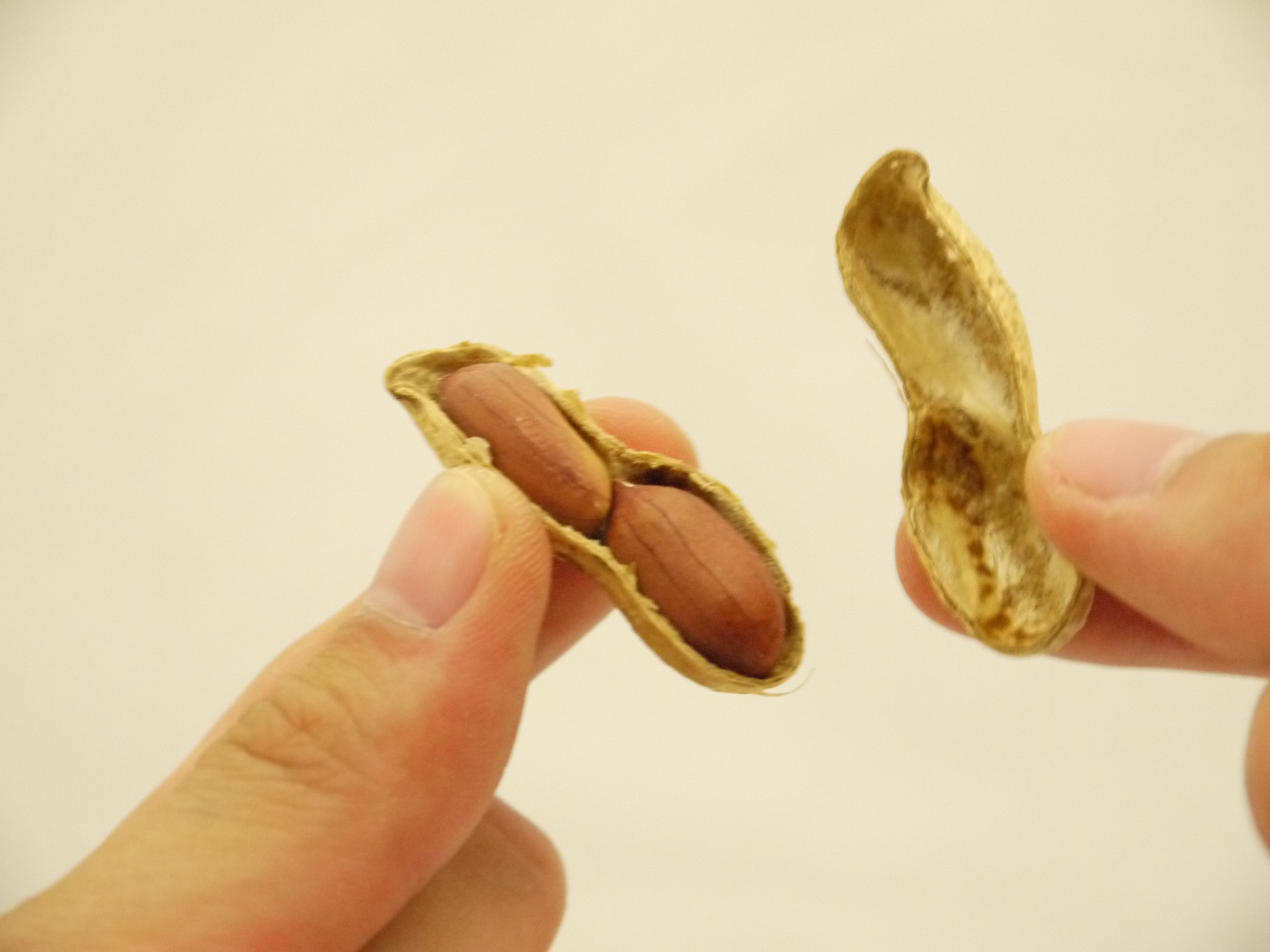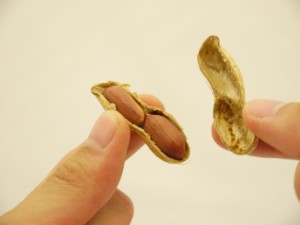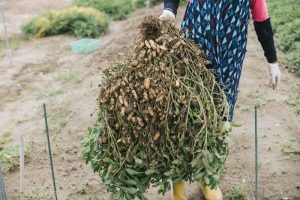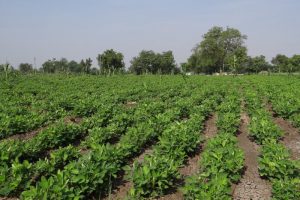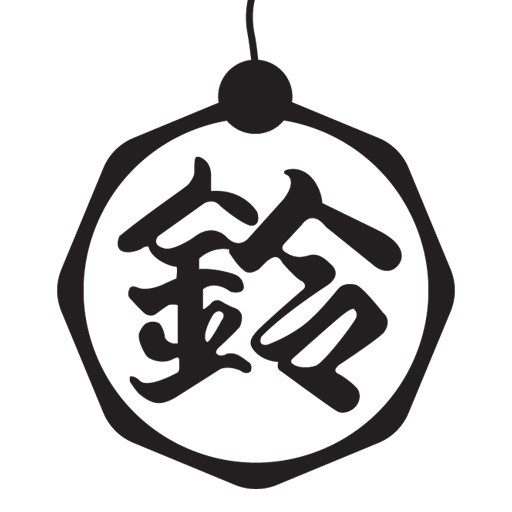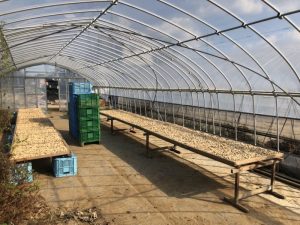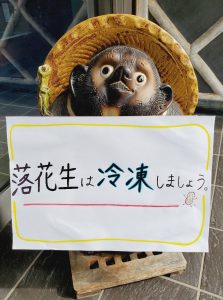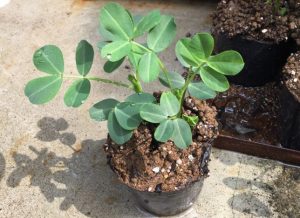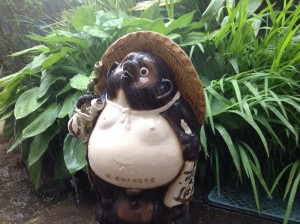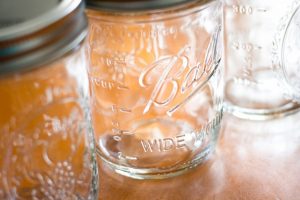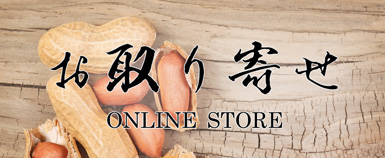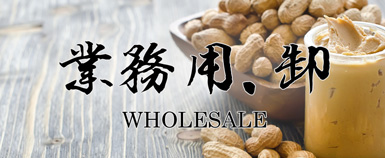How do you usually peel peanuts? Many of you probably say, “I just twist the shell and crack it open,” but that way, the shells are scattered all over the place and your fingers get sore. However, with a few tricks, anyone can easily cut peanut shells in half easily, cleanly, and quickly!
Can any peanut be easily peeled?
Generally, commercially available roasted peanuts can be easily peeled in this way. Even roasted peanuts have slightly harder shells than roasted peanuts. Also, raw peanuts have a slightly harder shell than roasted peanuts and are more difficult to peel.
What is the use of peanut shells?
Peanut shells, which we just peel and throw away, actually have a surprising use!
Clean air.
Peanut shells have numerous fine holes in them, which have a charcoal-like effect on cleaning the air. Simply crushing peanut shells into small pieces and placing them in a cloth bag has a high deodorizing effect. The use of peanut shells, a natural material that is gentle to the body and highly effective in deodorizing, is becoming increasingly valuable in applications such as animal hut matting and pillow stuffing.
In addition, research conducted by Professor Shohei Aoyagi of Chiba University and the National Institute of Health Sciences has revealed that peanut shells absorb formaldehyde, a substance that causes sick building syndrome. Formaldehyde in wallpaper adhesives and paints causes symptoms such as headaches and nausea, but simply wrapping peanut shells in thin paper and leaving them for 4 hours improves formaldehyde by 80%! Finely ground with a mixer can remove as much as 90%. (Reference: Yomiuri Shimbun, June 15, 2003)
Dehumidifier.
For well-dried and tasty peanuts, it is essential to store them away from moisture. Conversely, they absorb moisture very well and can be used as a moisture absorbent. You can conveniently carry them in a cloth bag, and even if the shells become damp, you can use them again and again by microwaving them to remove the moisture.
For soil improvement in fields
Peanut shells are highly water absorbent, so they can be used to prevent the soil from drying out, and they can also be used as compost to improve the soil in fields. (They are no longer used because of the time and effort required to prepare them.)
Burns well and can be used as an igniter
Half of the nutrition in peanuts is oil (fat), and the shells seem to contain this oil, so the dry shells burn well. Although they produce a little smoke, I have used them as a substitute when I forgot to use an igniter at a barbecue. In the old days, they were also used as fuel for public baths.
Waxed by stepping on the shell
It is said that this is a common practice in American bars, where peanuts with shells offered as accompaniments to alcoholic beverages are actually eaten and the shells are scattered on the floor and stepped on, creating the same condition as waxing flooring with the oil contained in the shells. (Reference: NHK “Gatten!” (January 11, 2017)
Extracting dyes for herb dyeing
Dye can be extracted from peanut shells. This dye is a gentle ivory color and can be used to produce a very natural-looking herb dye. Suzuichi, a peanut specialty store, made T-shirts dyed with peanut shells.
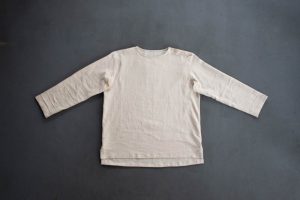
Related information about peanut shells
